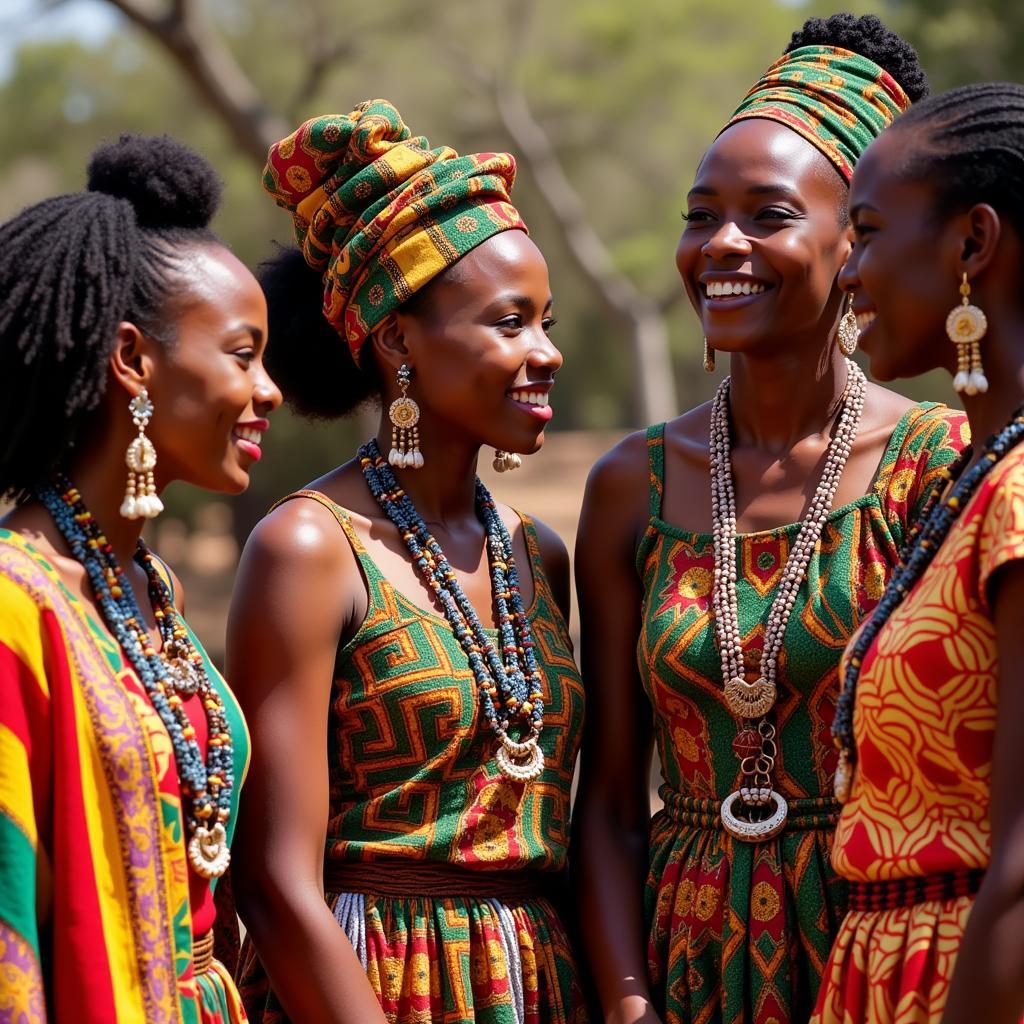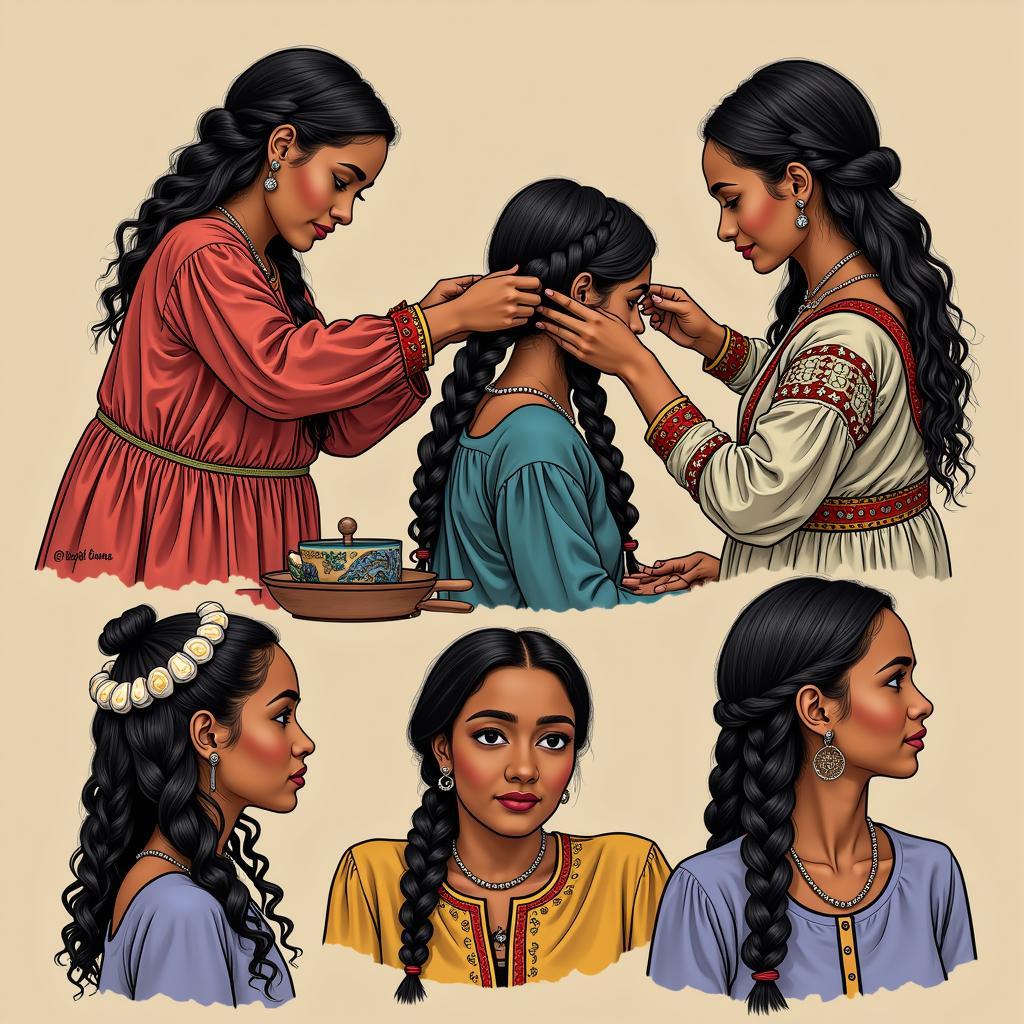African Countries and Their Capitals and Colonial Masters
African Countries And Their Capitals And Colonial Masters is a topic steeped in history, reflecting a complex period of colonization that shaped the continent’s political landscape. Understanding this history provides valuable insight into the challenges and triumphs of modern Africa.
A Legacy of Colonialism: African Countries, Capitals, and Colonial Masters
The scramble for Africa, a period of intense European colonization between the 1880s and 1914, dramatically reshaped the continent. European powers carved out territories, often disregarding existing ethnic and cultural boundaries. This process led to the establishment of new political entities, many of which persist today as independent nations. Learning about the colonial masters of African countries is essential to understanding the current political, economic, and social dynamics across the continent.
Navigating the Complex History of Colonial Africa
Exploring the legacy of colonialism requires a nuanced approach. While the negative impacts are well documented, including exploitation, oppression, and the suppression of indigenous cultures, it’s also important to acknowledge the complex interplay of factors that shaped this period. The introduction of new infrastructure, educational systems, and administrative structures, while often serving colonial interests, also played a role in shaping the development of African nations.
From Colony to Capital: The Evolution of African Cities
Many African capitals were established during the colonial era, often serving as administrative centers for the colonial powers. These cities became hubs of economic and political activity, and their development often reflected the priorities and interests of the colonial rulers. Understanding this history provides valuable context for analyzing the urban landscapes of modern African cities.
For example, cities like Nairobi in Kenya, Accra in Ghana, and Dakar in Senegal, all bear the marks of their colonial past, with street layouts, architectural styles, and even place names reflecting their colonial history. However, these cities have also evolved into vibrant centers of African culture, commerce, and innovation.
African Independence and the Road to Self-Determination
The mid-20th century witnessed a wave of independence movements across Africa. As colonial powers weakened after World War II, African nations fought for and gained their sovereignty. This period of transition marked a significant turning point in African history, paving the way for self-governance and the development of distinct national identities.
A Continent Transformed: Post-Colonial Challenges and Successes
The post-colonial era has been marked by both challenges and successes. Many African nations have struggled with political instability, economic hardship, and the lingering effects of colonialism. However, there have also been significant achievements in areas such as education, healthcare, and infrastructure development. Africa’s diverse cultures, rich history, and entrepreneurial spirit continue to drive progress and innovation across the continent.
Conclusion
Understanding the connection between African countries and their capitals and colonial masters is crucial for comprehending the continent’s complex history and its present-day realities. This knowledge allows for a more nuanced appreciation of the challenges and opportunities facing African nations as they navigate the 21st century. By exploring this intricate history, we gain a deeper understanding of the forces that have shaped modern Africa and the resilience of its people.
FAQ
- What was the “Scramble for Africa”?
- Which European countries were major colonial powers in Africa?
- How did colonialism impact the development of African cities?
- When did most African countries gain independence?
- What are some of the challenges faced by post-colonial African nations?
- How has the legacy of colonialism influenced modern African politics?
- What resources are available for further research on African colonial history?
Suggested further reading:
- Read more about the history of specific African countries on our website.
- Explore the impact of colonialism on African art and culture.
Contact us for any assistance: Phone: +255768904061, Email: kaka.mag@gmail.com, Address: Mbarali DC Mawindi, Kangaga, Tanzania. We have a 24/7 customer service team.



